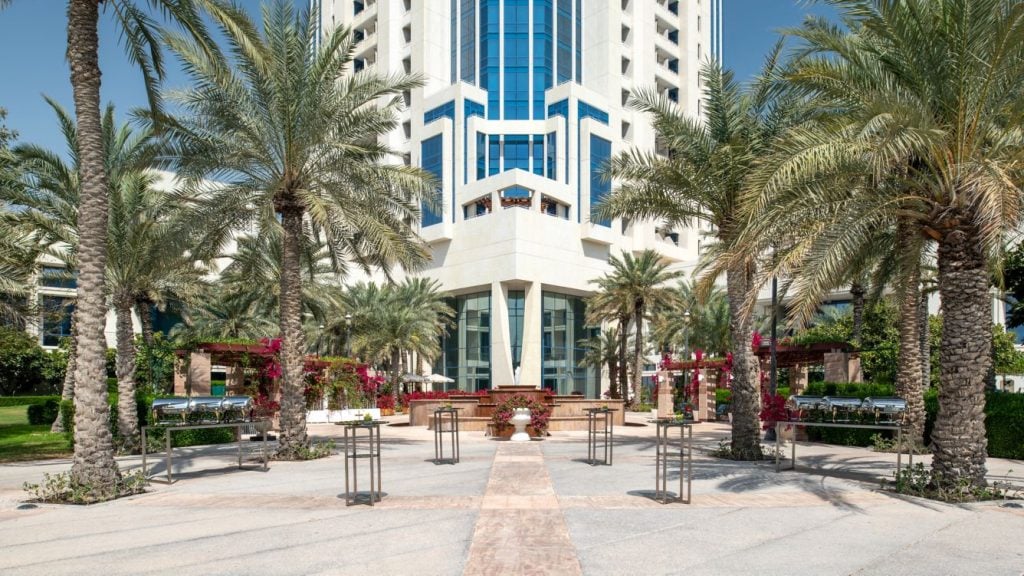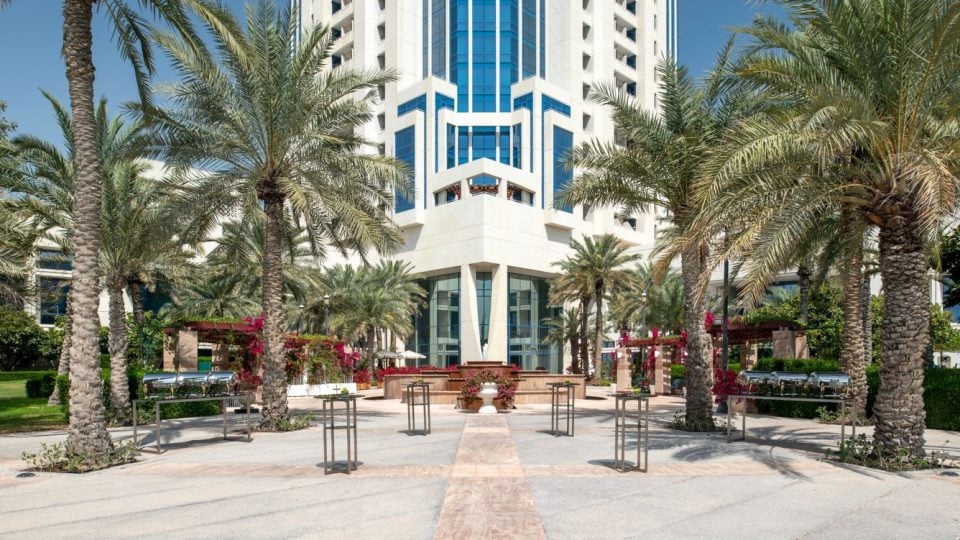The Middle East’s love of luxury and opulent accommodation is causing a shift in the hotel industry, with leaders now calling for a change to the “outdated” 5-star rating system.

In a new report by Cavendish Maxwell, the Dubai-based real estate advisory group said the current approach for rating resorts and hotel doesn’t take into account modern standards for luxury accommodation, particularly in the Gulf, where offerings are “so out of kilter” compared to the UK and USA.
International comparisons are now impossible, according to the report ‘Is the system of hotel rating still fit for purpose’, in which Gergely Balint, Associate Partner for Commercial Valuation, said some hotels would benefit from a shift towards 6- and 7-star ratings.
“With tourism evolving at pace, gone are the days when the main reason for booking a hotel was for a break in the sun or a business conference,” Mr Balint said. “The steady rise in tourism subsectors such as wellness, adventure, experiential, sports and volunteering is not only diversifying hospitality offerings, but changing the expectations of travellers, too.”
“As a result, the current hotel star rating system is, arguably, no longer appropriate at a global level.”
Mr Balint may be onto something, especially when you take into account some of the exclusive rooms available in the Middle East and properties such as Doha’s Ritz-Carlton and Dubai’s Conrad which far exceed their star equivalents in other parts of the world.

“A 5-star hotel in Dubai and other parts of the Middle East is not equivalent to a hotel with the same rating in other global regions, particularly when it comes to brand new properties,” Mr Balint added. “The same can apply to 4- and 3-star establishments, which offer varying levels of service and amenities depending on their location.
“Dubai’s Burj Al Arab was unofficially labelled the world’s first 7-star hotel when it opened 30 years ago: perhaps an early indication of the need to overhaul existing rating systems.”
According to Cavendish Maxwell, hotel ratings were first introduced to assist travellers in understanding a hotel or resort’s quality and facilities. It later became a valuation tool for hotels brands and properties.
While ratings differ across the globe, they are interpreted by guests as being streamlined and an indication of the level of luxury they can expect during their visit. Adding to the confusion, websites such as Book.com, TripAdvisor and Michelin Guide’s have launched their own rating systems using different criteria to assess a property’s value.
“Clearly, it is time for hospitality industry stakeholders to explore a new approach to hotel ratings,” Mr Balint said. “As a temporary first step, independent organisations’ publishing of ‘equivalent’ ratings between jurisdictions, rather like ‘exchange rates’, would be a welcome move.”
“Longer term, existing international rating systems could gradually replace national ratings, bringing in a uniform set of criteria that all stakeholders would trust and understand.
“Changes will take time – and require challenging decisions that will mean winners and losers. Existing ratings systems may not survive if they don’t adapt promptly, while others may emerge to take their place.”



